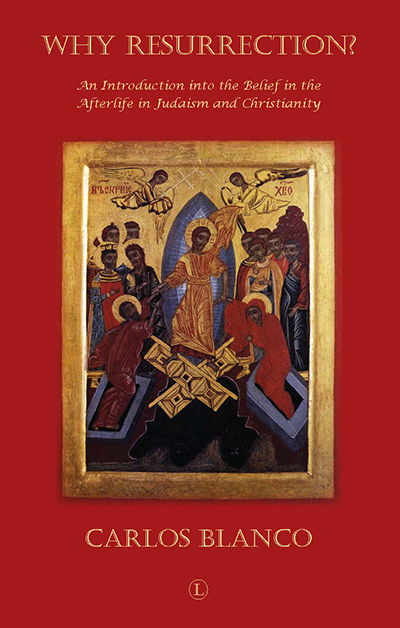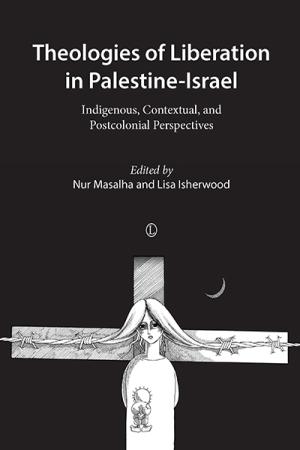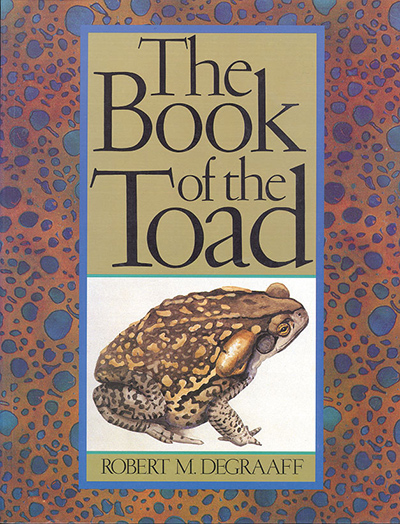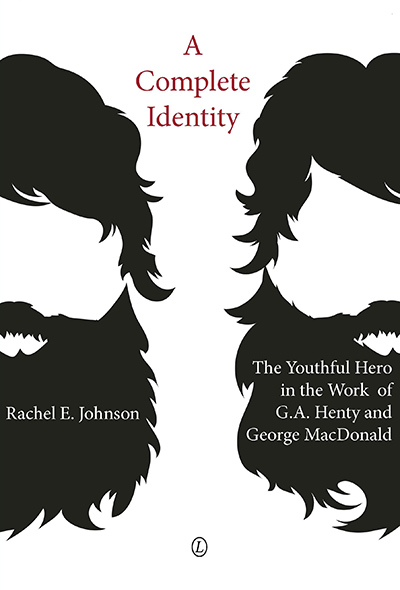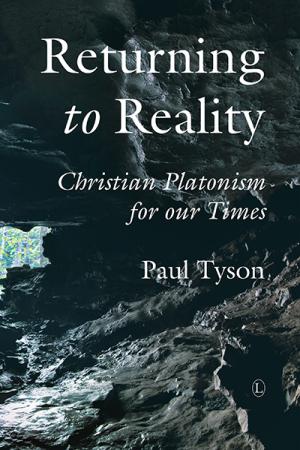Description
Few questions exert such a great fascination on human conscience as those related to the meaning of life, history, and death. The belief in the resurrection of the dead constitutes an answer to a real challenge: What is the meaning of life and history in the midst of a world in which evil, injustice, and ultimately death exist? Resurrection is an instrument serving a broader, more encompassing reality: the Kingdom of God. Such a utopian Kingdom points towards a final response to the problem of theodicy and to the enigma of history.
This book seeks to understand the idea of resurrection not only as a theological but also as a philosophical category (as expression of the collective aspirations of humanity), combining historical, theological, and philosophical analyses in dialogue with some of the principal streams of contemporary Western thought.
About the Author
As of 2009 Carlos Blanco was a Visiting Fellow in the Committee on the Study of Religion at Harvard University. He is the author of Mentes maravillosas que cambiaron la historia (2007).
Contents
Acknowledgments
List of Abbreviations
Introduction
1. Theodicy: Philosophy of Religion and the Problem of Evil
2. History and Meaning
3. The Apocalyptic Conception of History, Evil, and Eschatology
4. Death
5. The Kingdom of God
Bibliography
Index of Names
Endorsements and Reviews
Carlos Blanco’s synthetic gifts as a teacher-scholar are in full display in this monograph: an elegant distillation of a lecture course that straddles Biblical scholarship and philosophy of religion to expound on the foundational tenet of early Christian theology with ease, intelligence, and aplomb.
Luis Girón-Negrón, Harvard University
Carlos Blanco asks difficult questions about life, death, and evil, questions he pursues with great facility and care across centuries and disciplinary boundaries. It is a great pleasure, reading this book, to think alongside him and ask indeed, Why Resurrection?
Charles M. Stang, Assistant Professor of Early Christian Thought, Harvard Divinity School
Although the book doesn’t consist of many pages, its purpose, convincingly expressed in the question of the title, is not exempt from a surprising complexity. In the first place, the question is not exclusively religious and limited by a determined tradition. The question, present in all times and cultures, and deeply rooted in human aspirations, becomes a clearly philosophical question. Enlaced with issues of life, death and evil, the resurrection is a reply to the sense of the history, full of injustice, and points out a wider theme: the kingdom of God. On the one hand, it is a cardinal question of any theodicy, and the book, consequently, is written through a dialogue with the main schools of contemporary thought; on the other hand, it is not foreign to a wider reading of the apocalyptic Judaeo-Christian literature, and to the philosophy of religion.
Diálogo Filosófico, April 2012
Blanco provides a thorough and helpful discussion of the origins of resurrection beliefs in antiquity as a product of apocalyptic Judaism and contextualizes contemporary belief in the resurrection within the timeless questions of theodicy and the meaning of human existence. … Blanco has written an extraordinarily accessible work. While his work shows significant scholarly ability, the clear writing style makes his book applicable to both scholars and non-scholars alike. Readers interested in the concept of the resurrection and more broadly in theological discussions of death, the afterlife, and the Christian interpretation of the meaning of life find this book to be an engaging argument.
J. Edwards Walters, in Reviews in Religion and Theology, Vol 19 (3)
One of the most interesting points of this book is that Blanco doesn’t limit the experience of humanity to the Judeo-Christian legacy, he rather considers it to be a legitimate aspiration of the whole humanity, shared by all religions and having been the basis of spiritual people from all times. … This work, suggestive and interesting, reveals a remarkable intellectual maturity and presents a solid exposition … its results are extremely encouraging.
Rafael Ramis Barceló, in Anuario Filosófico, Vol 14 (3)
The book is dotted with interesting digressions; continuous references to the subject of the resurrection in Judaism (Pp. 143 to 175) and Christianity, as well as interesting reflections on the concept of resurrection in atheism and agnosticism [and] other issues such as suffering, pain and limitations, as well as that of omnipotence. … I hope this work of extraordinarily evocative and interesting solid intellectual maturity and exposure is not the end of his research career, but a footnote on page promising production expected of Carlos Blanco.
Rafael Ramis Barceló, in Anuario Filosofico, Vol 45, No 3
Blanco discusses interpretations of history offered by Heidegger, Bloch, Hegel, and Pannenberg. … examines the apocalyptic conception of history, evil, and eschatology … examines how death is viewed within different worldviews … In the final chapter, Blanco attempts to answer what post-resurrection existence is like by discussing the kingdom of God.
Michael R. Licona, in The Expository Times, Vol 124, No 4
This book provides a useful introduction to Resurrection and the reader can gain insight into the different Judaic and Christian positions … This book explores ‘one of the great fascinations in human history’ allowing readers to make their own judgments based on the arguments given.
John Fretwell, in Theological Book Review, Vol 24, No 2

